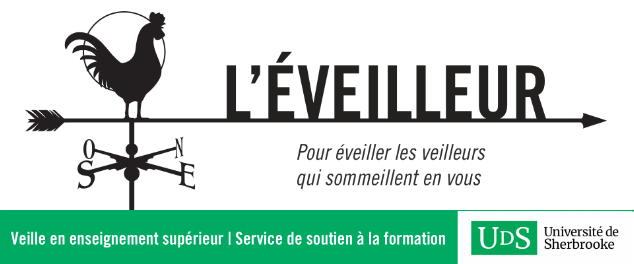Après le student entitlement dont nous vous avions parlé en mars 2017, voici que Maryellen Weimer du Faculty Focus aborde le teacher entitlement… Pour elle, les enseignants sont de puissants modèles et leur façon de se comporter avec les étudiants peut favoriser des comportements souhaitables.
“…If we act in ways that aren’t entitled, ways that treat students with respect, that deliver the quality educational experiences they deserve, our leadership creates a different set of expectations. If we say we’ll have the test/paper/projects grades done by Friday, we meet that deadline. We don’t come to class on Friday with excuses and a promise that maybe they’ll be graded by Monday. We arrive to class on time, not several minutes late because we’re busy and important and just expect students to show respect by waiting for us to show up. When students come to us with questions after class, we keep our phones away and talk with them rather than sort of half-listen and try to steal glances to see what messages we might have missed. Respect extended is generally respect returned. And when it isn’t, we stand tall and give students part of what a college experience entitles them to receive.“
Weimer estime qu’il est facile d’oublier à quel point nos plus petits gestes ont de l’impact sur les étudiants. Ce leadership et le pouvoir qui vient avec le rôle d’enseignant ne sont pas toujours confortables à assumer, mais ils ont néanmoins une influence certaine sur le climat de classe:
“…[W]e do set the rules. Are they rules that make learning a game that students want to play? Or, are they rules that beg to be challenged? Rules that encourage students to find ways around them? Rules that aren’t related to learning, but are matters of personal preference? And how might the game change if we got students involved in setting some of those rules?“
Source: Weimer, Maryellen, “What about Teacher Entitlement?“, Faculty Focus, 8 novembre 2017






